I lead a recovery support group each week on Wednesdays. This week, the topic of fear came up, which led us into the topic of worry.
Basically, we talked about the fact that eating disorders often provide us with a means of escaping our fears and worries.
In obsessing continually about the specifics of what and how we eat, it can be possible to avoid, at least temporarily, having to contend with our deeper, scarier, and possibly more unconscious fears.
In recovery, the escape hatch of food fixation gets taken away. For a while, we’re left exposed and alone with our stuff—our anxieties, our bad memories, our terror of things could happen—and no place to hide.
I was glad that the topic of worry came up because it’s something I’ve thought about a lot recently.
When I wrote this post in late November, a kind reader of this blog sent me an email that has stuck with me ever since.
She told me that the post reminded her of a documentary she’d watched in which a woman interviewed dozens of people over the age of 80. The interviewer asked them what their biggest regret was.
The answer that she heard most often was that people wished they had worried less.
The person who emailed me commented on how she’d taken the movie as an invitation to not worry about things that hadn’t happened yet. She said it has been a freeing practice for her, as worry is such a huge and ultimately useless drain on one’s psyche.
I can relate. I worry a lot, and none of the time I’ve given to my worries has been worthwhile.
Worry doesn’t prevent bad things from happening. Most of the time the things we’re so worried about don’t actually happen.
If they do, they aren’t more manageable because we worried about them in advance. All that the worry ensures is that we suffer twice: once in worrying about the thing, and then again in actually dealing with the thing.
My recovery group had a lot to say about worry. One person shared a quote she’d once heard: “worrying is placing faith in your fears.”
It reminded me of another quote I’ve heard, which is that “worrying is like praying for bad things to happen.”
To discuss worry with the group was a sweet, funny, and encouraging exercise. We’re a bunch of consummate worriers, trying to unlearn the habit.
My work as a dietitian brings me time and time again to the truth that a lot of recovery is about learning to let oneself feel good.
“Feel good” sounds sort of light and breezy, but I mean it in ways that extend from the obvious to the profound.
In recovery, making space for feeling good applies to food, of course. It’s about learning to accept food as a form of pleasure. It means connecting with one’s body and embracing eating as a birthright, rather than an earned reward.
But for so many people, myself included, recovery is also a process of learning to suffer less.
This happens to be a part of recovery in which I’m still a relative novice. It’s difficult for me to choose good thoughts and feelings over gloomy ones, to lean into hopeful and abundant beliefs about my future. I have a hard time taking the path of least difficulty and resistance.
I’m trying, though. And I’m not at all surprised that so many folks who are in a position to look back on eight decades of life experience say that they’d take back their worries.
I’m four decades into my life, and I’d take back mine, too. With the caveat that my multitudes of worries, past and present, are now becoming lessons in surrender.
These days, I wake up in the morning and try—sometimes successfully, sometimes not—to let go of whatever fearful, anxious thought is keeping me from enjoying myself.
Life will unfold as it does. I’ll take it as it comes, but I’m increasingly less attached to bracing myself for hardship all the time. It doesn’t have to be so hard.
It can feel good. It can feel easy. That’s ok, too.
Happy Sunday, friends. Here are some recipes and reads.
Recipes
It’s a chilly day here, and I wish I had a great big pot of Lindsay’s vegan mushroom soup to warm me up!
Aimee’s baked bubble and squeak cakes look so crispy and tasty. What a great component for weekly vegan meal prep.
For something simple and fresh, I’m loving the looks of this wintery salad.
I’ve never tried making a crunchwrap before, but Jessica’s vegan version has me drooling.
For dessert, I’d happily take a slice of this rich chocolate hazelnut tart.
Reads
1. A friend and longtime reader of this blog said to me recently that “persistence matters; sometimes it matters the most of all!”
I agree, and what I like about this article about Louis Pasteur is that it pays homage not to his big strokes of genius—in fact, it details Pasteur’s numerous challenges as a student—but to his determination.
2. A happiness researcher weighs in on the number one thing that folks can do to enhance their sense of living a meaningful, rich life.
3. Is homemade stock (the brothy kind) overrated? I don’t really know. What I do know is that I always use store-bought vegetable stock, and I replace it with water sometimes, too. My soups usually turn out to be pretty tasty, anyway.
4. I loved this article on medical charting and note-taking!
My notes almost always remain unseen by anyone but me. When I do end up sharing notes with a care team I realize that I could stand to be more detail-oriented, even when a client’s status is stable.
It’s hard to balance my own need for efficiency/speed with the duty I have to my clients to be thorough. But I’ll keep improving here, for sure.
5. Some hopeful healthcare news: cancer deaths are down by a significant degree since 1991. This article delves into why that is.
Wishing you a Sunday afternoon and evening of ease, friends. I have something sweet, salty, and crispy to share with you on Tuesday!
xo
You might also like
Have you seen My Octopus Teacher on Netflix? (Some spoilers below if you haven’t yet.) My Octopus Teacher is the story of filmmaker and naturalist Craig Foster, who lives near an underwater kelp forest off the coast of South Africa. Foster is a free diver. On one of his dives he came across an octopus who captivated him with her ingenious methods of outsmarting prey. Foster was so fascinated by the octopus that he committed to visiting her every day for the course…
Happy sunday, all. I hope you’ve had good and restful weekends. For those of you who missed yesterday’s post, I’m giving away a copy of Cara Reed‘s wonderful new book, Decadent Gluten Free and Vegan Baking. Check out the giveaway for a chance to win! On to weekend reading. These savory mushroom pancakes are so unique, and would be a delightful weekend brunch dish. Can’t wait to try them! Before eggplant and peppers go out of season, make Golubka’s gorgeous eggplant and pepper…
Happy Sunday, friends! I hope you’ve had a nice weekend. I’m moving into the home stretch of my summer MNT class, and I couldn’t be more ready for it to end. It has been interesting, for sure, but I’m ready to turn my attention to my work for the remainder of the summer. Steven and I have a quiet 4th of July weekend planned at home, and it’ll be a great opportunity to rest, cook, and catch up. In the meantime, one more…
Happy Sunday, all! So glad you enjoyed the little sneak peek into Steven’s and my home cooking routine (if you missed it, my boyfriend shared a roundup of his 10 favorite vegan recipes). I’m in Chicago, waiting to fly back to NYC before a blizzard hits. Here are the recipes and reads that are keeping me company. I’m loving this simple, yet brightly colorful Asian style peanut slaw, and the lovely cabbage cup presentation! Speaking of peanuts, these Thai peanut sweet potato skins…


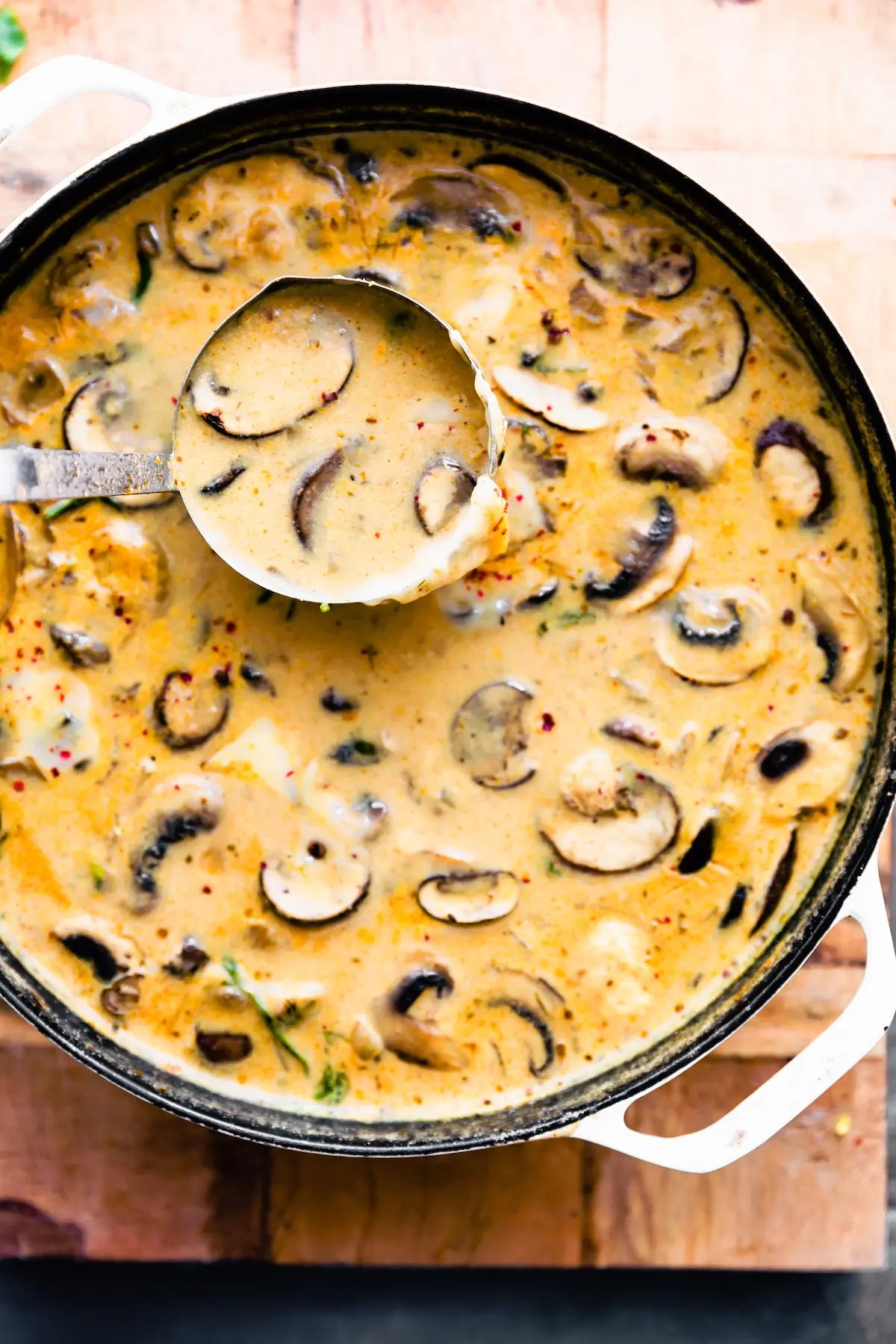
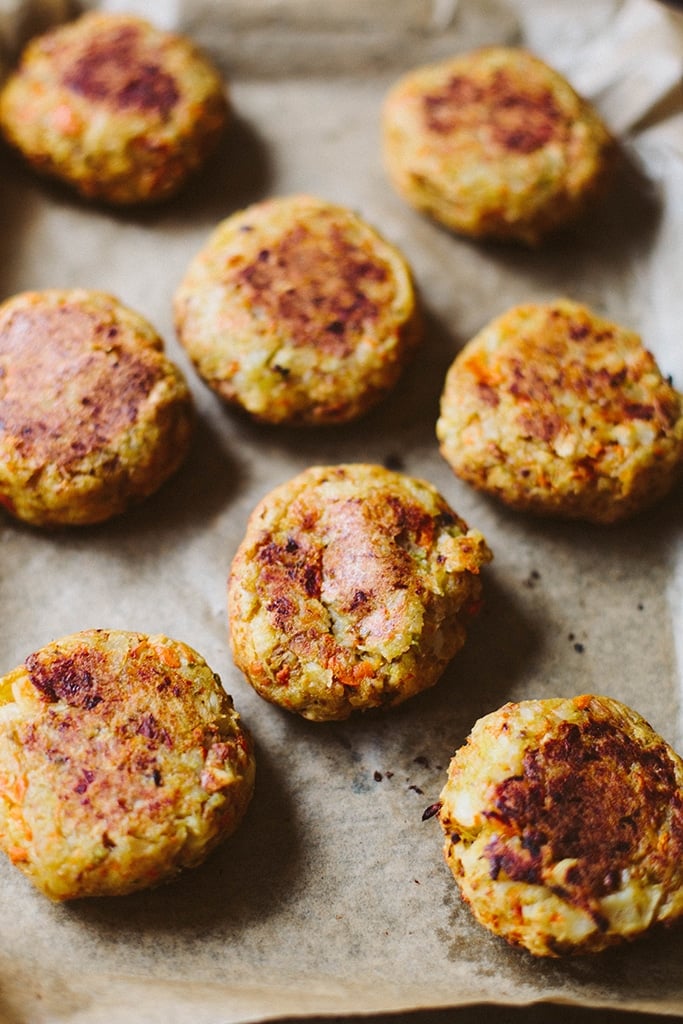
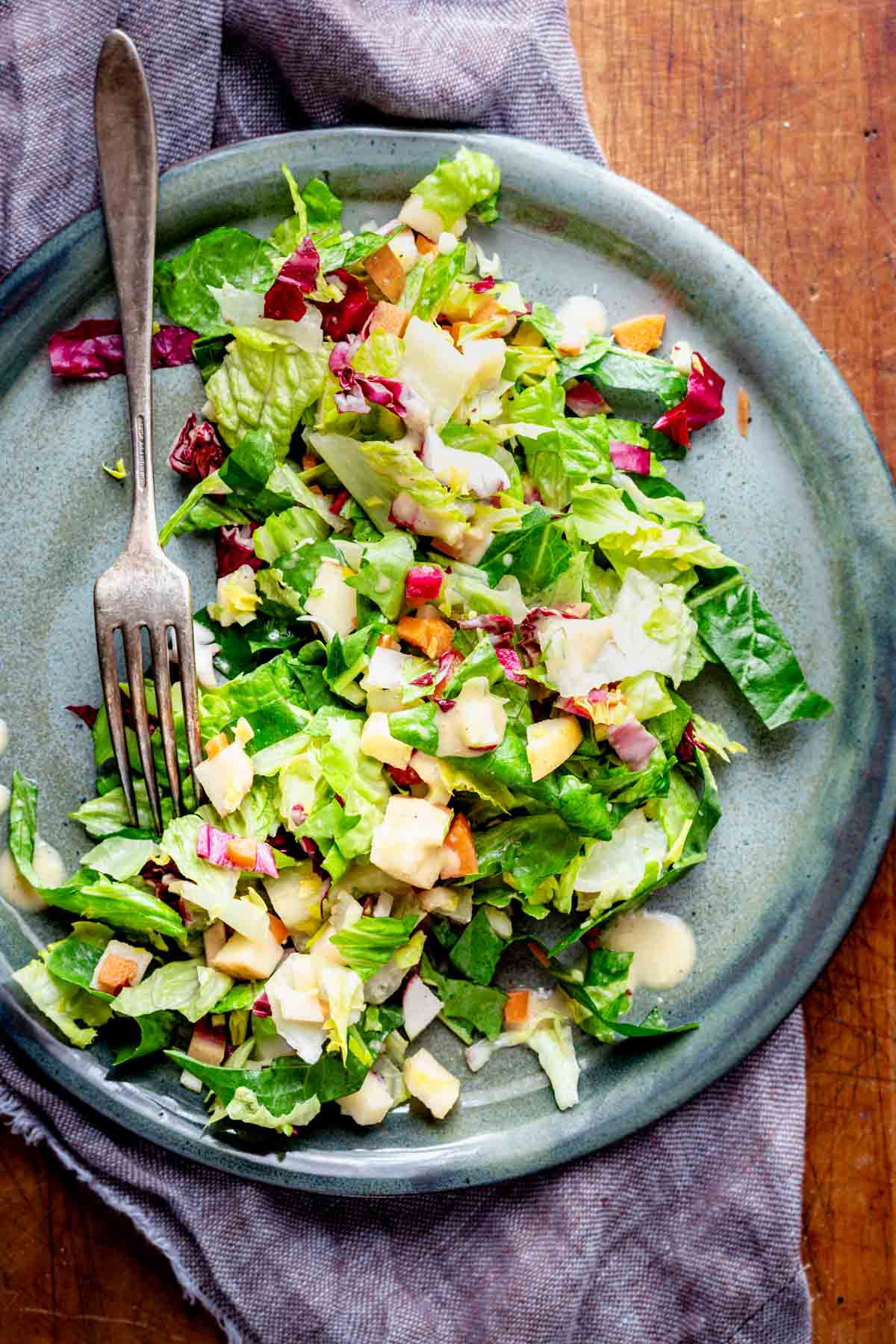
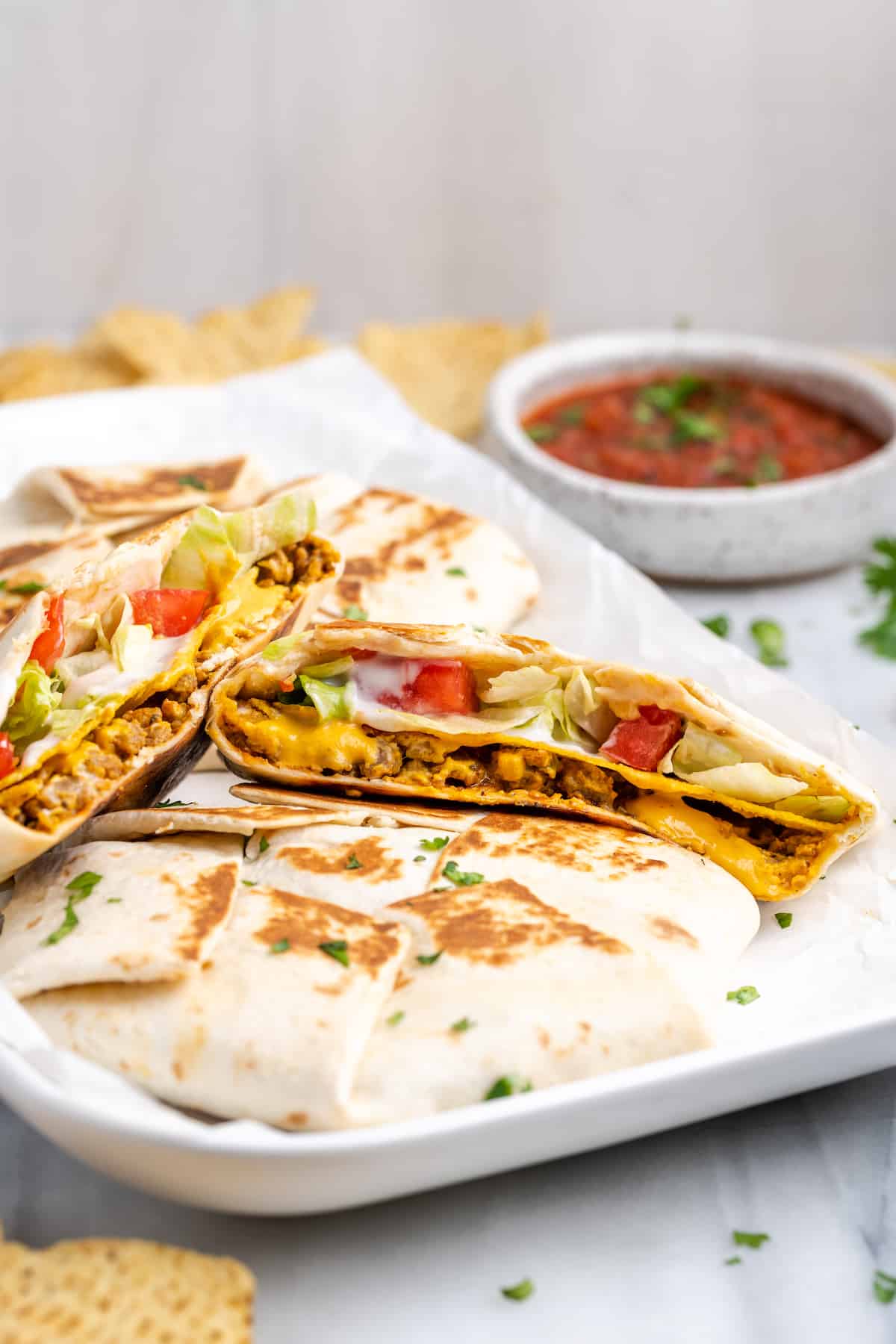
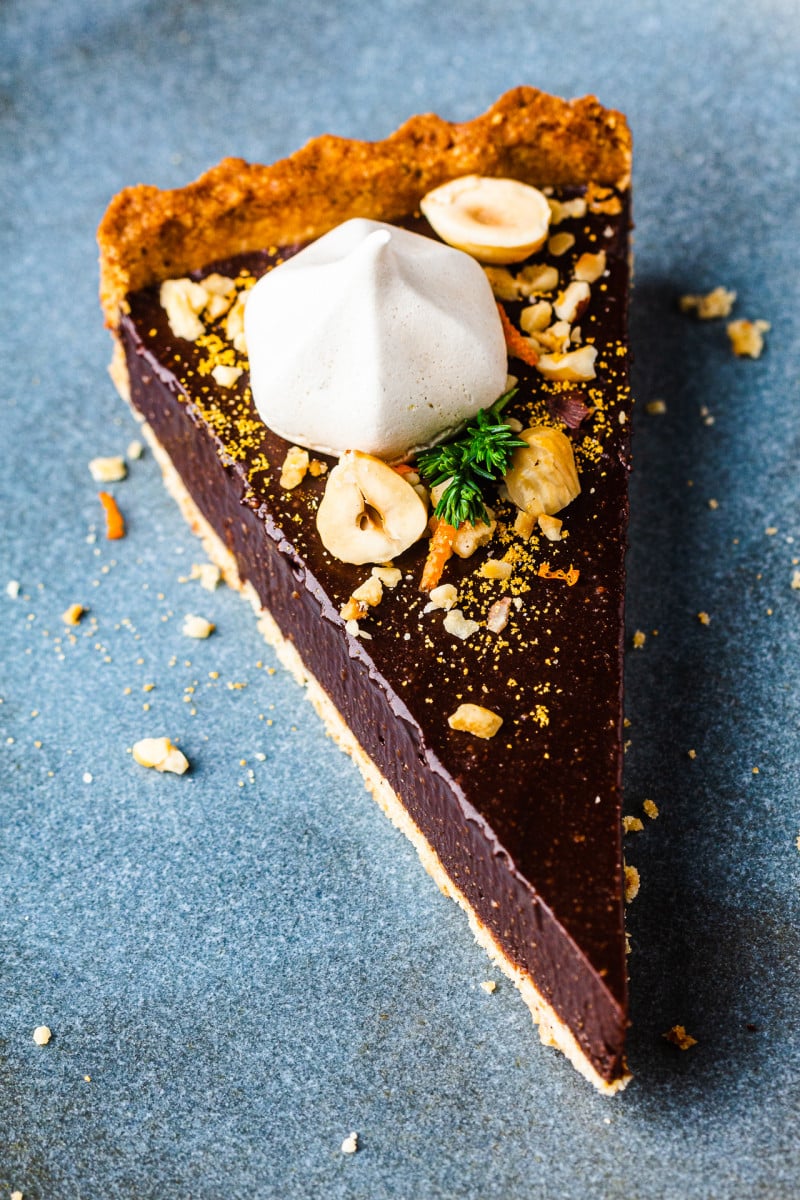
Leave a Comment
Hi Gena,
Thank you for your wise email. I find worrying and anxiety are so linked, especially in the middle of the night. This increases in with challenges of sleeping in perimenopause and menopause even more!
Last weekend I heard an amazing podcast from a psychiatrist on Whoop about the worry-anxiety habit loop and how to break it. It’s the best information I’ve heard on the topic and highly recommend it for you and your readers!
https://www.whoop.com/thelocker/podcast-204-how-to-break-and-build-habit-loops-with-dr-jud-brewer/
Warm wishes,
Sasha